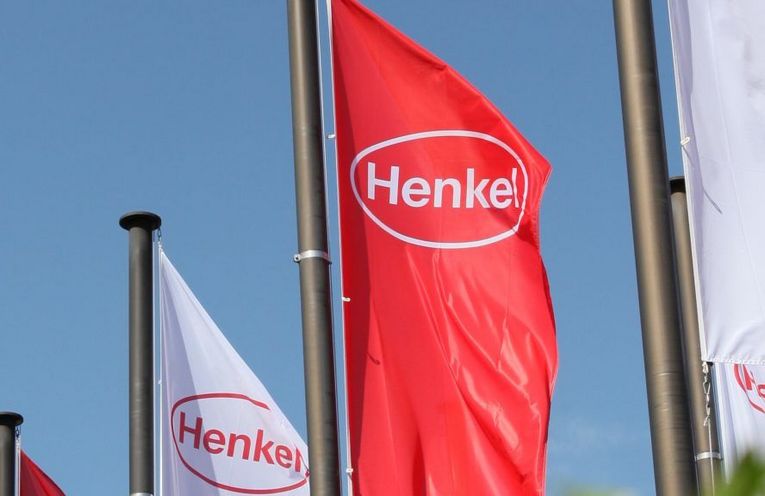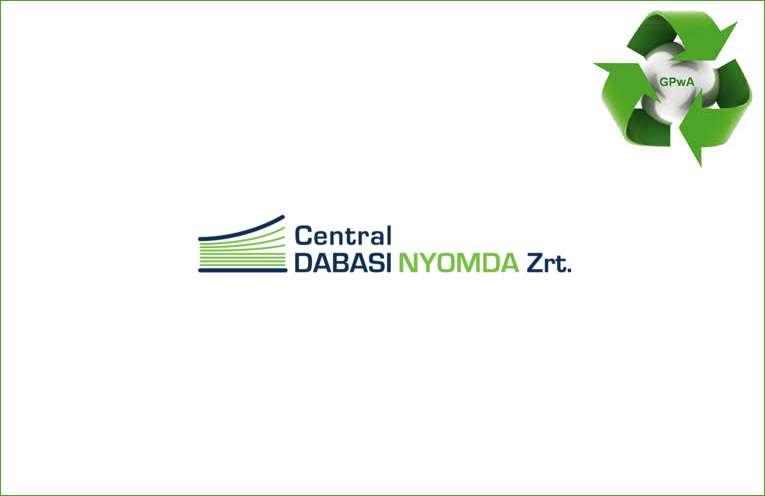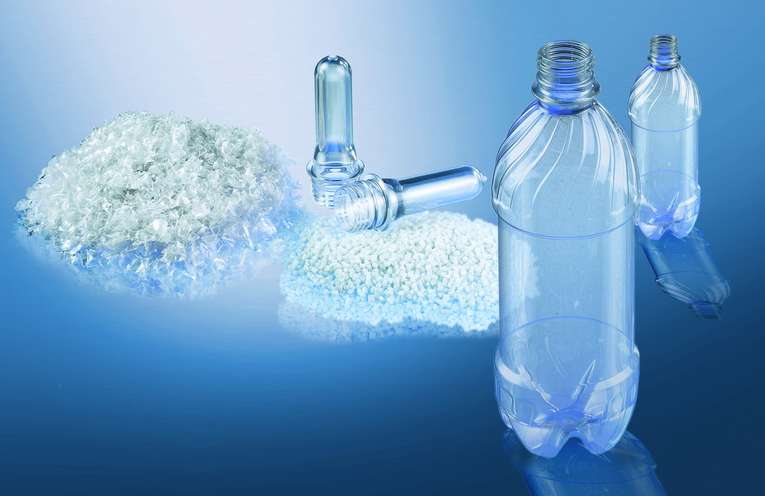Global legislation and sustainability will shape the food safety discussion in 2019
Packaging safety is an important topic for all players along the value chain in the food industry. It is also a complex field that is constantly evolving, continuously influenced by technological innovation, market developments, and new legislation. As an industry leader in the field of food safe packaging adhesives, Henkel’s experts expect two key topics to strongly shape the discussion around food safe packaging in 2019: The global effects of new food safety legislation in different regional markets as well as the implications of a change in packaging materials with the goal of more sustainable packaging.
New regulations in Asia and Europe to shape global market requirements
In Asia, the topic of food safety is gaining increasing attention from both the general public and legislators. India has recently introduced new norms regulating packaging materials to ensure higher food safety standards. Legislation on food contact materials is underway in China as well. This year, the country plans to implement laws dealing specifically with adhesives in food packaging. In Japan, the government has set itself the goal of introducing legislation on food safe packaging by 2020. According to Dr. Monika Tönnießen, Manager Product Safety and Regulatory Affairs at Henkel, this is a challenge particularly for global players such as international brand owners: “With the world’s map of food safety regulation growing in complexity, an increasing number of our global customers are approaching us for solutions that help them fulfill the highest international safety requirements in the packaging of their products in future as well.” She elaborates: “Brands today cannot afford to apply different standards for customers in different regions – also with regard to practicality in the production process.”
In Europe, mineral oils in food contact materials have shaped discussion between the authorities, non-governmental organizations (NGOs) and industry players such as associations and companies for several years now. With its recommendation for its member states to monitor the presence of mineral oil hydrocarbons in foods and food contact materials published in January 2017, the EU Commission has set this dialog in motion. Its aim is to ultimately introduce a harmonized, applicable legal framework for its market. “The ongoing discourse is reflecting the complexity of this issue: mineral oils themselves are not clearly defined chemical substances, but highly complex mixtures of different hydrocarbon fractions with various properties. They can have a variety of sources. They can be impurities from packaging and processing of food, but they also can be mixed up with safe and evaluated hydrocarbons of approved food contact raw materials. This makes safety evaluation, testing, and analysis a highly sophisticated endeavor,” Dr. André Weiss, Manager Instrumental Analytics, Food Safety at Henkel explains. His colleague Monika Tönnießen agrees, adding: “Against the backdrop of this complexity, Henkel welcomes the open approach by the EU Commission – with the goal to create safety for consumers as well as transparency and clarity for the industry. National, unilateral regulation would lead to a plethora of complex legal frameworks – and would be sub-optimal for all participants.”
Overall, Henkel’s perception is that EU authorities are now prioritizing the regulation of food contact materials in general, as opposed to focusing on specific substances such as mineral oils. Monika Tönnießen explains: “We see that legislators are asking themselves: How do we best set up an overall, harmonized legal framework – where are dedicated additional regulations necessary?” According to Henkel’s expert for product safety and regulatory affairs, proactivity is the path forward for the industry in this transition period: “If everyone in the value chain focuses on what can be done to adhere to Article 3 of the existing regulation (EC) No. 1935/2004, this is already a big step towards effective safety and conformity with future legislation.” With its comprehensive food contact statements, Henkel supports its customers in this. They entail far-reaching analyses and provide the highest levels of transparency.
Sustainable and food safe – an increasing challenge for the supply chain
In 2018, no other topic has dominated the talk in the packaging industry more than sustainability, as single-use plastics in particular have moved into the focus of the public discussion. In December, the EU parliament drafted a directive paving the way for a wide-ranging ban on single-use plastics and for requiring higher recycling quotas. In this light, ensuring sustainable packaging approaches that also meet the required food safety standards will be a major topic for the entire value chain, according to Henkel’s Manager Instrumental Analytics for Food Safety André Weiss: “Sustainability will become an important feature of food safe packaging solutions.” He elaborates: “With regard to sustainability, there are three overarching approaches: replacing raw materials, reducing the amount of material applied, and pursuing innovative recycling approaches. In any case, this has implications with regard to food safety in the packaging value chain as it is a non-negotiable market requirement, no matter the applied technology.”
An example for the implications of material replacement is the change from plastic to paper straws, as the EU is planning to ban them in its trade zone. For their production, these straws require specific adhesives. “We receive numerous inquiries from our global customers, with demand for such adhesives from our portfolio on the rise”, Monika Tönnießen says. “These customers are not only looking to find a food safe sustainable solution as an alternative for the European market but aim to roll them out on a global level,” she adds.
When it comes to reducing material use, one approach in flexible packaging is layer reduction. “Different solutions such as thin barrier coatings need to take over the highly effective food safety functionalities previously achieved by a multi-material, multi-layer packaging with these properties,” André Weiss explains. Here as well, Henkel provides its customers with appropriate solutions and invests in further development.
Additionally, Henkel drives innovation in recycling of flexible packaging. Together with the technology provider Saperatec, Henkel has developed a solution to separate the individual layers, making their recycling possible. “For reapplication in food packaging, we need to make sure that these materials are free of residues that could migrate into food stuffs,” says André Weiss.
Manageable complexity – leading to greater safety and sustainability
“The challenges for the packaging industry – be it from increased complexity in global legislation or new needs with regard to sustainability – will continue to drive change and the need for new solutions,” Monika Tönnießen concludes. “However, if approached with dedication and the support of a strong, global partner like Henkel, it is manageable. Ultimately, we are contributing to creating more sustainable and safer packaging for our consumers.”
To keep its customers informed about the latest status and developments, as well as provide fundamental insights from this field, Henkel’s senior experts in food safe packaging will be hosting a broad range of dedicated webinars over the course of the year. A complete webinar calendar with details on dates, courses and registration is available here: www.packaging.henkel-adhesives.com/webinars. The webinars are a key element in the company’s Food Safe Packaging Initiative (www.henkel.com/foodsafety).
forrás: henkel.com 2019.02.19




